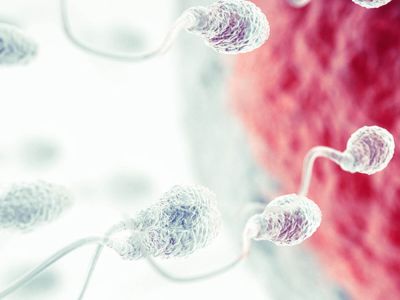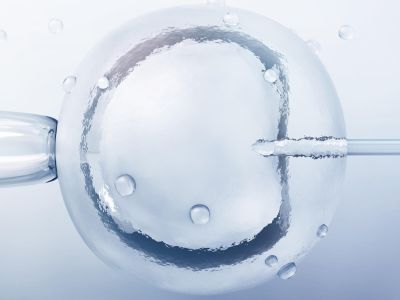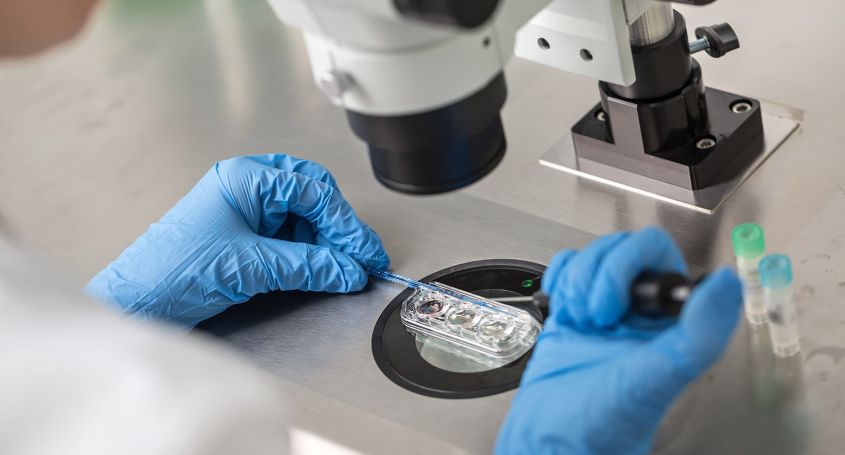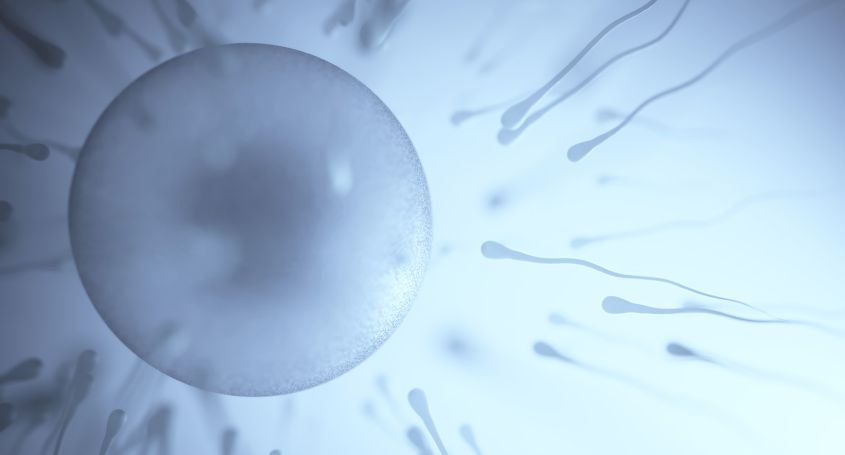25 / 11 / 2014
The Artificial Insemination is an artificial reproduction treatment in which the sperm in positioned in the uterine cavity of the patient during the ovulatory phase. The semen can be from the partner (artificial insemination with semen from the couple) or from a donor (artificial insemination with semen of a donor).
Artificial Insemination: the treatment
The treatment begins the third day of the cycle, the first day of the cycle being always the first day of the period (not the previous days, when spotting can occur).
Follow up
The ovaries are lightly stimulated through daily subcutaneous hormone injections in order to obtain one or two follicles. After 5-7 days after the first injection, a scan must be carried out in order to check the growth of the follicles and be able to adjust the dosage and decide when the ovulation will take place.
Normally two or three scans will be enough until the desired growth of the follicle is achieved (around 18-20mm) and the ovulation can be forced with an HCG subcutaneous injection. After 36-40 hours, the male will obtain a semen sample that will be prepared in order to select the best spermatozoids.
Completion
The insemination is an out-patient procedure which takes place in the doctor’s practice where the sperm sample will be placed within the endometrial cavity through the cervix. After 12-14 days, we will be able to check if the patient is pregnant.
The quality of the semen is a decisive factor for the final result. After several attempts, in case a pregnancy is not achieved, and depending on each individual case, the possibility of using a more complex technique as the In Vitro Fertilisation (IVF) must be taken into consideration.



















